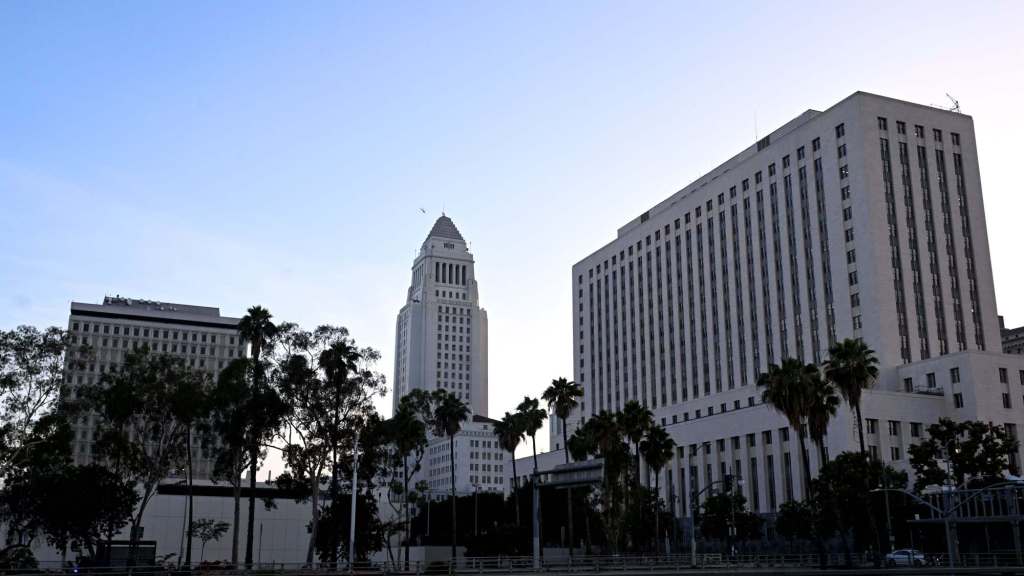Short term rentals do not reduce housing affordability.
For many years, we have been told the opposite – that short term rentals negatively affect housing markets. Yet, rigorous analysis shows that is simply not true. In fact, what data from the city of Los Angeles and other jurisdictions across the country show is that short term rentals are critical sources of extra income for people struggling to get by. Furthermore, they provide millions in taxes and fees that support essential local services at no cost to local residents.
Unfortunately for sound policymaking, special interest groups have organized and funded an extensive disinformation campaign about short term rentals to protect their bottom line, which is rooted in maintaining a virtual monopoly on where visitors can stay. Their efforts have allowed the discourse to be flooded with enough suspect data and false information that well intentioned people can be misled.
Recently, the Los Angeles Times published an article authored by Los Angeles Councilmember Nithya Raman, who chairs the City Council’s Housing Committee. On the one hand, she recognized that short term rentals represent an underutilized source of new revenues that can pay for city services. Her article, however, missed the mark in other ways.
While Airbnb has a platform agreement with the city and partners with them on enforcement tools to support hosts’ compliance on a daily basis, Raman’s article alleges a lack of data sharing by short term rental companies. This, she claims, is why issuing citations can “take years.” Yet in July, Pro Publica reported that representatives of the Los Angeles Planning Department testified to Raman’s committee that citations are in fact being issued, but a lack of city resources is adding years to final enforcement actions.
Right now, in the city of Los Angeles, a person may only host short term rental guests in their primary residence. By allowing a limited number of Angelenos to rent their second homes to travelers, Los Angeles can unlock significant new revenues to help the Planning Department – and all city departments – better serve our community. These new revenues could add up to $100 million in transient occupancy taxes (those are taxes the city adds to hotel and short term rental bills) and millions in sales tax revenue. Overall, a recent study found Airbnb guests in the Los Angeles metro area generated $4.4 billion in local economic activity in 2023, supported 43,000 jobs and generated $1.2 billion in total tax revenue.
New York City went in the opposite direction, enacting stringent regulations that reduced short term rentals by 90 percent. The promised benefits are nowhere to be seen in over 20 months, with vacancy rates in the housing market unchanged. In fact, rents have continued to increase in New York, accompanied by record-high hotel rates, pricing out visitors.
In July, there were 3,972 short term rental registrations in the city of Los Angeles. In comparison, the state determined in 2021 that the city of Los Angeles must build 456,643 units of housing by 2029 to “adequately plan to meet the housing needs of everyone in the community.” It is clear that short term rentals have little to no effect on Los Angeles’ supply and demand housing crisis.
With the World Cup and Olympics around the corner, and with the most recent city budget reducing funding to bring homeless people inside, firefighter training classes and graffiti cleanups, more than ever, we need new, reliable sources of revenue that don’t fall on the shoulders of working Angelenos. It would be civic malpractice for our city leaders to leave this revenue option untapped.
Stuart Waldman is president of the Valley Industry and Commerce Association.
